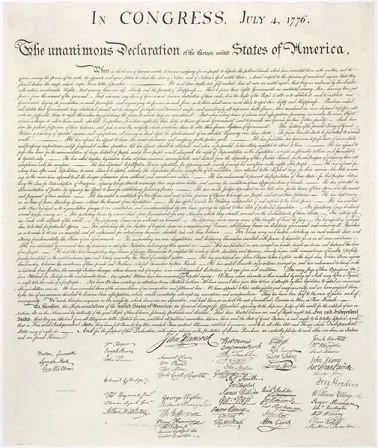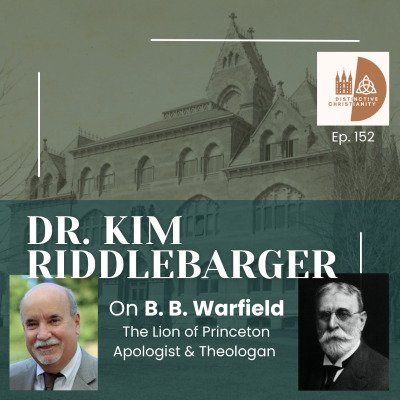20. Christ is the eternal and abiding Mediator
Calvin was concerned about an error in his day which held that Christ was mediator, but left “intercession” (prayer on behalf of others) to believers. Elsewhere, Calvin speaks of the “Sophists” (the Roman theology professors at the Sorbonne in Paris) as “sporting with Scripture.” Here he speaks of their denial of Christ’s on-going intercession on behalf of believers as “nonsense.” He even mocks them for not giving Jesus the full honor due him.
This babbling of the Sophists is mere nonsense: that Christ is the Mediator of redemption, but believers are mediators of intercession. As if Christ had performed a mediation in time only to lay upon his servants the eternal and undying mediation! They who cut off so slight a portion of honor from him are, of course, treating him gently!
To refute such nonsense Calvin appeals to Scripture—citing those texts which teach what the Sophists deny, namely that Christ is mediator and intercessor.
Yet Scripture speaks far differently, disregarding these deceivers, and with a simplicity that ought to satisfy a godly man. For when John says, “If anyone sins, we have an advocate with the Father, Christ Jesus” [1 John 2:1], does he mean that Christ was an advocate for us once for all, or does he not rather ascribe to him a constant intercession? Why does Paul affirm that he “sits at the right hand of the Father and also intercedes for us” [Rom. 8:34]? But when, in another passage, Paul calls him “the sole mediator between God and man” [1 Tim. 2:5], is he not referring to prayers, which were mentioned shortly before [1 Tim. 2:1–2]? For, after previously saying that intercession is to be made for all men, Paul, to prove this statement, soon adds that “there is one God, and … one mediator” [1 Tim. 2:5].
Calvin cites a favorite of the Sophists (Augustine) to make his point, before appealing to additional texts from Paul.
To read the rest, follow the link below
Read More
















